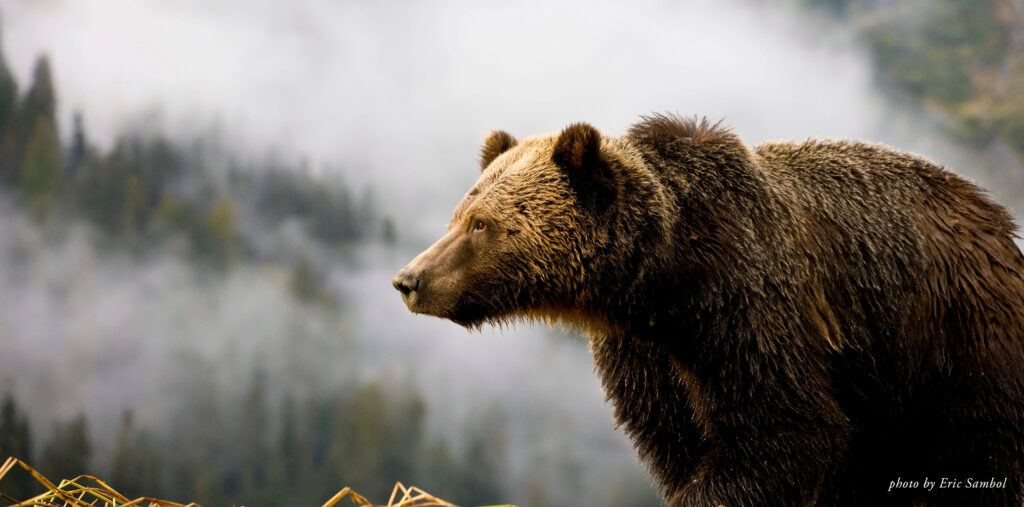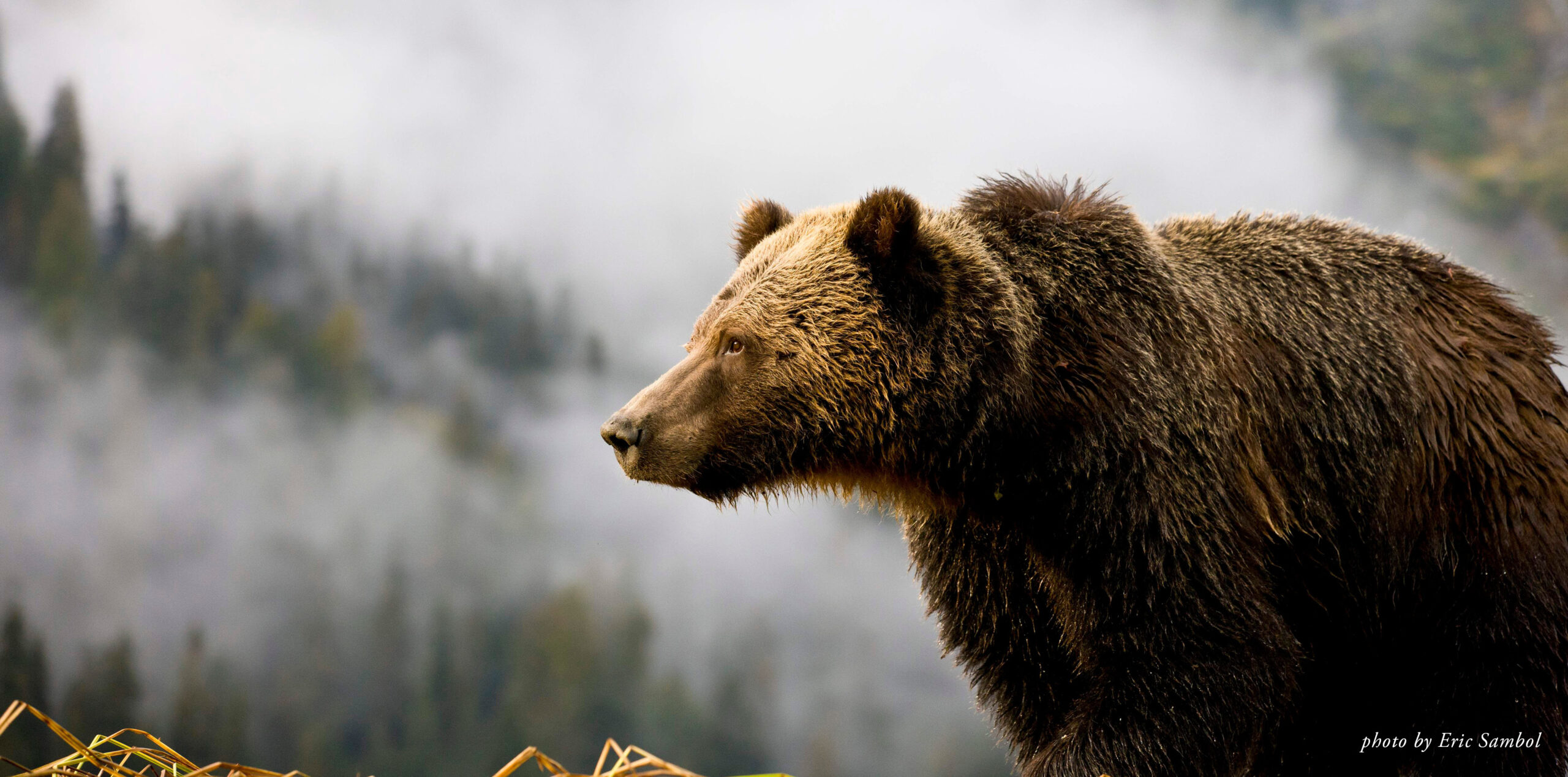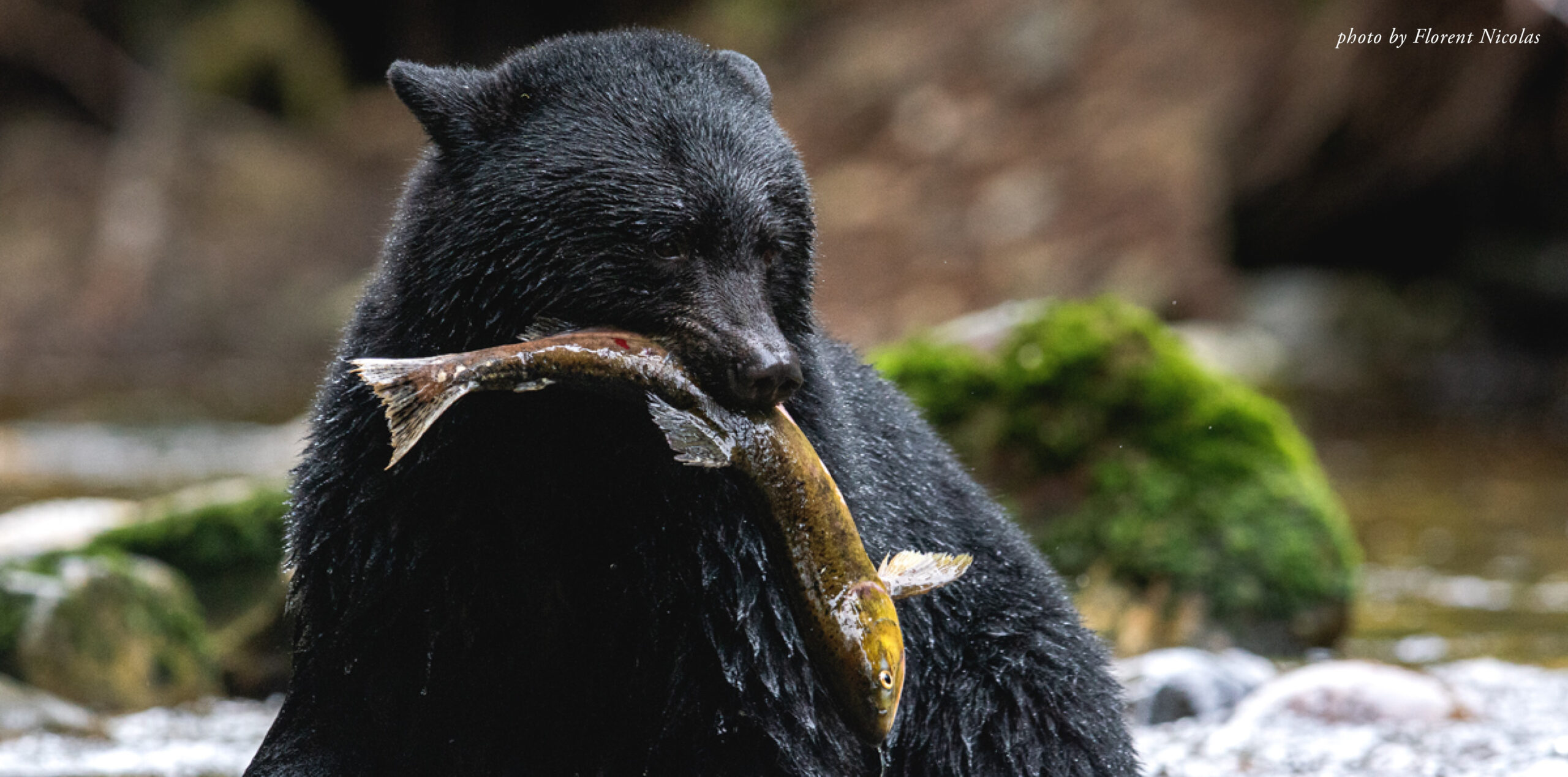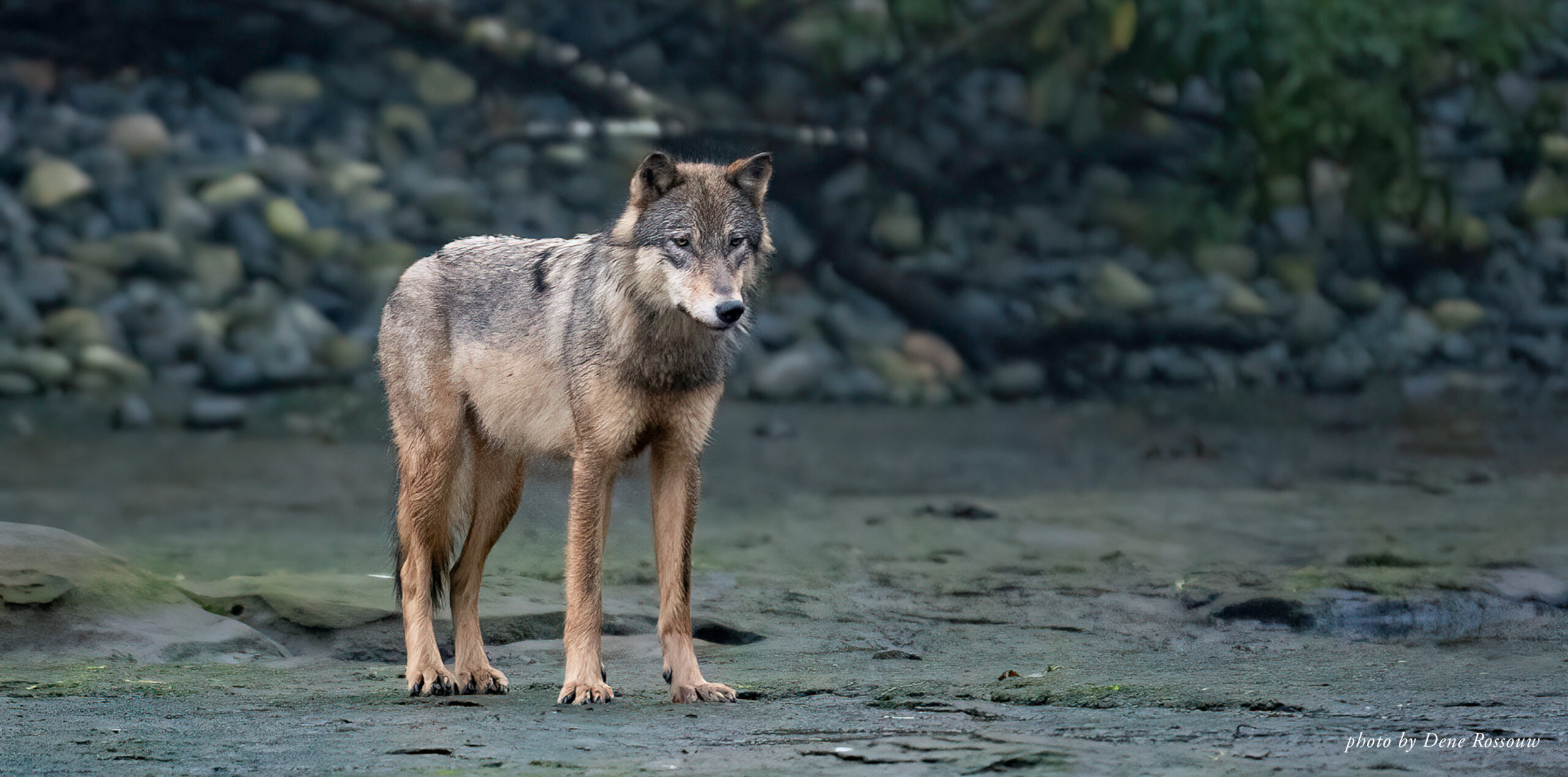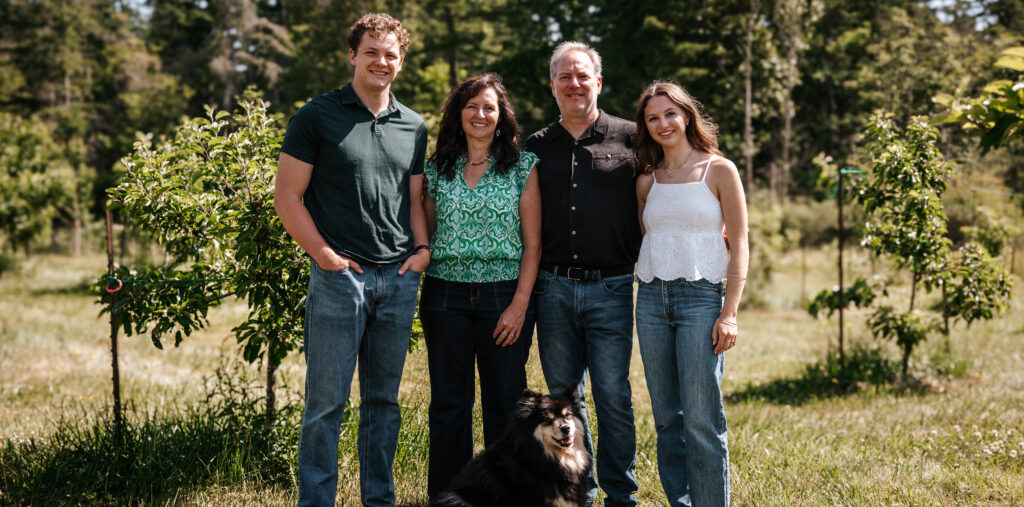by Jamila Douhaibi –
When Raincoast Conservation Foundation was buying hunting tenures in the Great Bear Rainforest along the coast of British Columbia, they needed to raise $1.3 million for one of the tenures. Safeguarding Coastal Carnivores Program Director Brian Falconer says that he remembers a teacher bringing her class to their office in Sidney with the $39 they had raised to support the foundation. The organization has seen every kind of donation over the years since they became a non-profit in 1996, because there is “something that inspires people across all ranges of abilities to give.”
The Foundation started out of a small house on Tryon Road as a passionate group of people that combined research and community outreach to protect habitats and species in B.C. Throughout their many successes over the years, Raincoast knows it is their strong partnerships with First Nations that drive much of their research and see projects to fruition. Brian says “we are a science-based organization carrying out primary research in both terrestrial and marine environments,” and the work is very often initiated and guided by First Nations. Rather than relying on other institutions to conduct research, Raincoast operates a Conservation Genetics lab in Vancouver and an Applied Conservation Science lab at the University of Victoria to ensure that they are the ones conducting the research. Brian says that the “combination of science and Indigenous knowledge is a powerful one,” making it difficult for decision makers to ignore.
Every team member at Raincoast comes with their own unique background and set of skills. Brian came to the organization with experience as a bush pilot, sailboat captain and leader in coastal eco-tourism. He met the original founders of Raincoast while he was a “transportation specialist,” bringing people into remote places that required an expert to navigate. Raincoast, with Brian on board, set up a marine operations program on a rebuilt sailboat to start doing their own research as a science-based conservation organization. Nearly three decades later, Raincoast is still making waves.
The biggest news coming from Raincoast is their recent purchase of a sixth commercial trophy hunting tenure in the Great Bear Rainforest. They now control the commercial hunting rights in more than a quarter of the Great Bear Rainforest. At 56,000 square kilometres, the area is larger than Vancouver Island. The group had previously campaigned for a moratorium on grizzly hunting in the late 1990s and early 2000s, but a change in government led to a reversal of that policy. The hunting ban on grizzlies was later re-established, but the group continues to purchase tenures to protect other species such as black bears, wolves and wolverines.
The commercial hunting tenures that Raincoast has purchased the rights to so far are closely monitored by the group. Brian says that they maintain these tenures so they can “keep an eye on things.” As their website says: “we buy the rights to guide people to shoot wildlife – and our clients choose not to shoot the wildlife.”
Safeguarding Coastal Carnivores is only one of Raincoast’s several focuses and programs. Even though Brian works with coastal carnivores, he says there are many other fabulous programs, including wolf conservation, wild salmon, healthy waters and forest protection, as well as their research vessel, SV Achiever, that runs year-round to not only work on scientific projects, but also provide education and engagement with the community. The wild salmon program is a multi-year habitat restoration project that has been working on protecting Chinook salmon in the Fraser River; this also helps protect endangered southern resident orcas, which depend on these salmon for their survival. Raincoast’s programs are connected all along the coast to support species and habitats holistically.
Because of the pandemic, Raincoast no longer has a physical address in Sidney, but Brian says the town is still a main link to their work, as they often meet people on the Peninsula, and work with the W̱SÁNEĆ people. Even with their big wins and the multitude of challenges ahead, the Raincoast Conservation Foundation team sees themselves first and foremost as a research-based conservation group which regularly partners with First Nations along the coast – “we’re not a big organization, just a very passionate group of people.”


